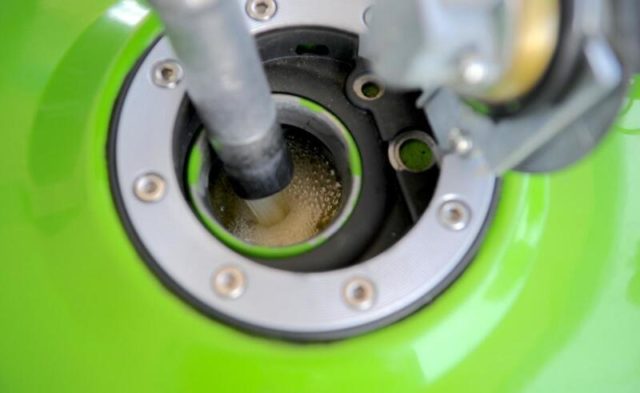Petrol prices are starting to close in on pre-Covid levels. Here’s what you can expect to pay for fuel in February:
SOUTH African motorists will be hit with a major fuel price hike from the first week of February.
According to the Automobile Association, unaudited late-month data from the Central Energy Fund is pointing to an 82 cents a litre increase for petrol, while diesel prices are set to rise by 59 cents and illuminating paraffin by 60 cents.
This will bring the price of a litre of 95 Unleaded petrol up to R14.98 at the coast and R15.68 in Gauteng, while the cheaper 93 ULP grade will now retail at around R15.51.
This increase will bring fuel prices close to the levels seen this time last year, before Covid sent oil prices plunging, and when a litre of 95 ULP cost R15.39 at the coast and R16.03 inland.
Although the South African rand has been performing significantly better than it did at the height of the Covid-19 crisis, oil prices have been steadily rising, as the AA explains:
“Unfortunately our mid-month concerns over the advancing oil prices have been borne out in practice. There has been a slow, but steady, rise in the price of oil which is likely to cause ongoing pain at the pumps.
“Almost all of the fuel price increases reflected by this month’s data are attributable to the stronger oil price, and the average rand/US dollar exchange rate has remained generally flat for the month, despite some large daily swings.”
The association also noted that the rand had dropped to an all-time low of more than R19 to the dollar in April 2020, although it has since recovered to a level close to its pre-Covid-19 value. At the time of writing (January 29), the rand was trading at R15.20 to the dollar, while Brent Crude Oil was hovering around the $55 mark, more than double what it traded for during the height of the pandemic last year.
“The record low exchange rate fortunately went hand-in-hand with record low oil prices, so the impact went largely unnoticed as fuel prices plunged,” the AA added. “But economic or policy shocks which weigh on the rand are likely to have a more significant effect on the fuel price now that international oil prices have rebounded”.








